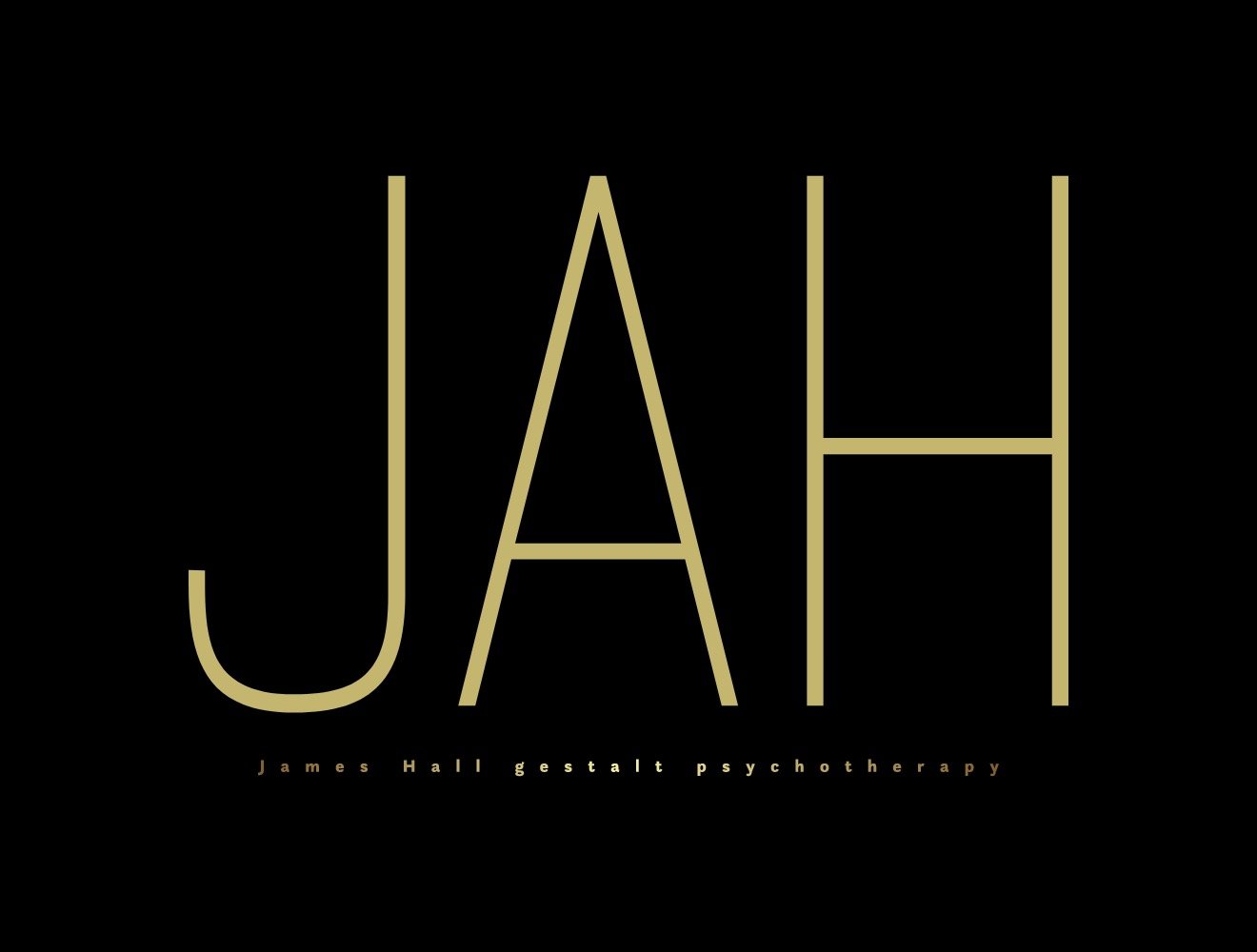Overview: I use an experiential approach to lead you to you become more fully engaged in the present rather than stuck in the past or worrying about the future. This will bring about raised awareness of your emotions, feelings, body, and thought processes. And then how you can use all of this to think AND feel your way to new ways of being in the world.
My style of gestalt offers you a supportive, challenging, empowering, existential, humanistic, experiential and common-sense approach to being comfortable with who you really are and getting the most from life.
My Training, Education and Professional Certification
M.Ed. in Counselling Psychology: OISE University of Toronto, 2015
Gestalt Therapist Certification: Gestalt Institute of Toronto, 2003.
Higher Education: University of Cambridge BA(Hons.) and MA: Research - the impact of perception on Aid Program effectiveness
License: Member in good standing of the College of Registered Psychotherapists of Ontario (CRPO) #3018
What Does This Mean For You?
It means I am well trained - both in depth and in breadth. And I am emotionally and intellectually intelligent. Either on its own is good, together, on a therapist, they are dynamite.
The breadth of understanding I got via the M.Ed training. This, plus on-going professional development, means I keep up-to-date with evidence-based developments in the field and to integrate therapeutically effective ideas from other approaches into my work.
But, way more important, as far as your therapy experience is concerned, was the long and in-depth training to acquire mastery of, and dedication to, process-oriented work in gestalt. And this means for you:
my gestalt training involved two years dedicated to intensive personal work of my own - via concurrent group and individual therapy. The first year was all about work on my own issues. So now, when I sit before you as a therapist, I bring as little of my own baggage (as humanly possible) that could get in the way of your growth. The second year was all about understanding how I relate to others. This now allows me to swiftly build the rapport necessary to establish a strong '“therapeutic relationship” with you. All studies of therapy effectiveness rank the therapeutic relationship as the most important factor in good therapy outcomes.
N.B. Most academic (university-based) counselling/therapy training, like my M.Ed., "highly recommend"students undergo therapy themselves, but it is NOT a prerequisite. In gestalt doing one's own personal work is the most important prerequisite for going on to learn how to help others (a form of "physician heal thyself" so to speak).
gestalt therapists are customarily not trained straight out of higher education. The reason being we believe it is vital to have lived a bit, (preferably a lot) before beginning therapist training. This is so that we can bring to the table rich life experience that we can draw upon when it is therapeutically effective to do so to constructively inform your therapy.
I am an experiental therapist - I will lead you through an experiential learning process, so that you can think AND feel your way to a new way of being in the outside world - one that is right and true for you. It is talk therapy, but talk with action too - in order that we can fully incorporate your emotions and body, along with cognitive change.
‘gestalt’ comes from the great existential/humanistic “Third Wave” of psychotherapy that took flight in the 1960s. In this model, therapy is not about me telling you how to be - the existential challenge for any adult is to find new ways of being (to choose change) that is in accordance with a Kierkegard’s existebtial notion of the struggle to find a 'truth that is true for me.’
gestalt offers a kind of bespoke therapy carefully tailored to you as an individual, rather than a ready-to-wear, off-the-peg garment shaped more by a treatment approach, such as in any manualised therapy that begins with a diagnosis and follows a treatment plan that has shown results for others. If your issue is a simple one the latter might work well for you - for instance to overcome a specific phobia. But if you have complex issues or feel different from others, then something more tailor-made seems more ideal.
Lastly, my Cambridge education and voracious appetite for reading enables me to engage intelligently across diverse fields. You can be more confident therefore that you will be more clearly seen and heard and understood. This also makes for more vibrant interaction in sessions. I cannot guarantee it will all be fun, but you can expect to be understood, met on your level, and share some humour in the face of your existential dilemmas.
Finally, my CRPO licence to perform the “controlled act” of psychotherapy means I've met all the professional requirements (hours of experience, training, Supervision, professional development, quality assurance) to practice well. And that your interests are protected and guaranteed by the ethical guidelines and oversight of the CRPO.
Workshops and Group Therapy Experience
I've included this quick list because it too give a fairly good snapshot of me as a person, and my interests and concerns:
Being Human – navigating a course between the pursuit of happiness and doing the right thing
I am a Man - Workshop series, Informed Parent Centre
Sexual Intimacy For Couples - Workshop series, Informed Parent Centre
Introduction to Experiential Therapy.” Six-day retreat in Guangzhou, China - in association with the Satir Institute of China
Man’s Inhumanity to Man – a workshop series for concerned and decent people in an indecent world
Self-Esteem for Women - YWCA REACH Program
Advanced Self-Esteem for Women - YWCA, REACH Program
The Gestalt Interview – listening and interviewing skills
Redecison Therapy Group Process - co-leader of OHIP-covered groups with a GP-Psychotherapist

